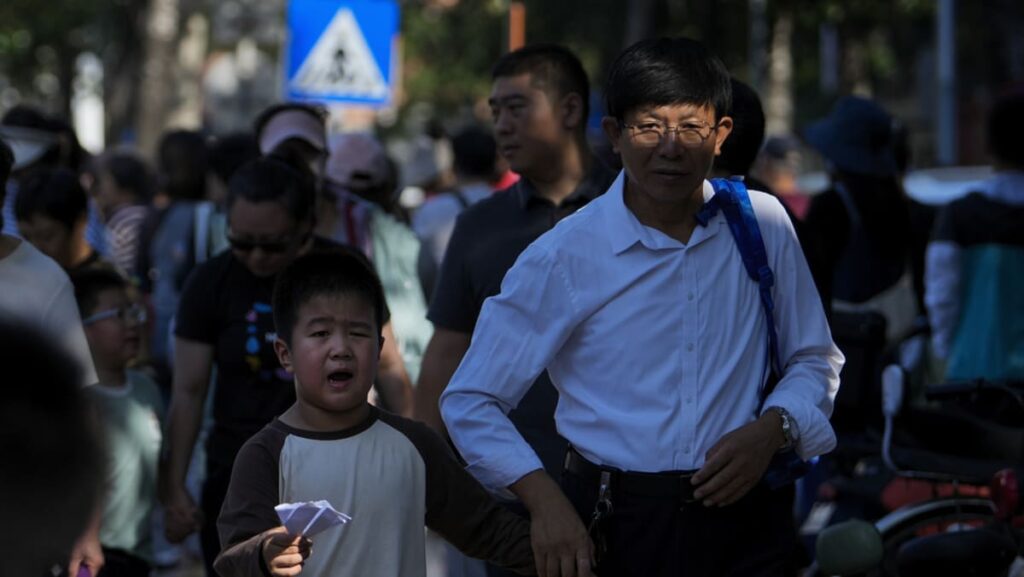Victoria University’s Dr Peng notes that while raising the retirement age is one solution to China’s demographic challenges, it is not a long-term fix.
“The Chinese government still needs to increase the country’s fertility rate to solve the problem in the long term,” she said. “Relying on technology improvement and increasing the quality of the labour force is fundamental.”
Extending social security payouts is not a problem that is unique to China. In recent years, similar situations have played out in countries like the US and France, noted Dr Tan Ern Ser, Associate Professor of Sociology at NUS.
These nations also grapple with the financial sustainability of their social security systems in the face of ageing populations, he said.
“This has to do with the rapidly ageing population, together with declining numbers of younger people contributing to social security,” Dr Tan added.
The state-run Chinese Academy of Sciences has said in 2019 that the pension system will run out of money by 2035 if there’s no further reform, with about a third of the country’s provincial-level jurisdictions running pension budget deficits, according to finance ministry data.
“If the retirement age is not extended, funds would run out in the near future, say in a decade, and social security would not be able to meet its commitments. Extending the retirement age would slow down that process.”
In an interview with People’s Daily, Mr Mo Rong, head of the Chinese Academy of Labor and Social Security was cited as saying the decision was made to promote employment and protect rights and interests at the same time, and strive to create a fairer employment environment.
“This is the first time that our country has made clear regulations on the protection of the labour rights and interests of over-age workers. It will resolve problems such as the inability to implement the protection of the rights and interests of over-age workers in the past,” said Mr Mo.
According to Dr Peng, the immediate impact will be a modest increase in the labour supply starting in January 2025. This will help counteract the negative effects of a declining workforce due to population ageing, although the increase is “very small”.
In the next 10 years, about 300 million people currently aged 50 to 60 – China’s largest demographic group – are set to leave the workforce at a time when pension budgets are already stretched.
Even with a record number of 11.7 million college students are set to graduate this year, they may not be guaranteed a job. Data from the country’s statistics bureau in August showed that the jobless rate for 16 to 24-year-olds in China, excluding students, rose to 17.1 per cent in July from 13.2 per cent in the prior month.
Additionally, the policy is expected to ease pressure on China’s overburdened pension system, as it reduces the number of new retirees while increasing contributions from older workers who stay employed longer, she said.
Despite this urgency, Dr Zhao acknowledges the delicate timing of the policy’s rollout, given the current economic environment.
Suggesting that in a more favourable job market, there would be less concern about the policy’s impact on employment opportunities, Dr Zhao said: “High youth unemployment makes it difficult to argue for postponement of the retirement age.”
“If youth unemployment is low, then there would be less concern about the proposal. People are (now) worried that the employment situation will get worse if the retirement age is raised”
“But it is something that China has to do, and better to do it sooner than later.”
https://www.channelnewsasia.com/asia/china-raise-retirement-age-reform-ageing-population-4606831


